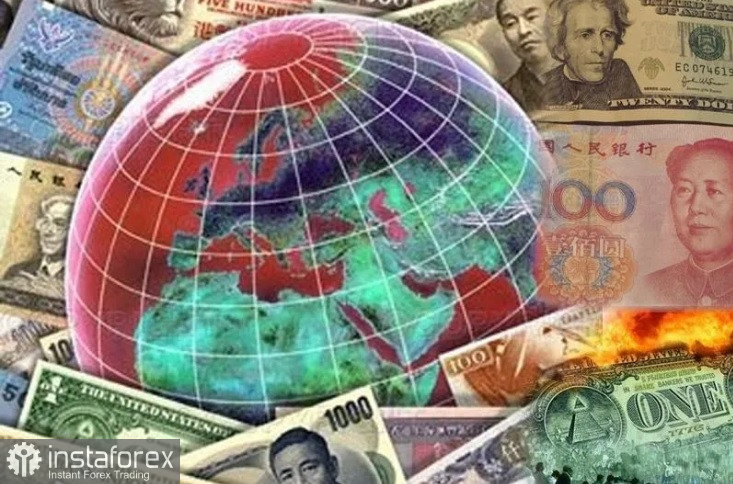
In its economic outlook update on Tuesday, the International Monetary Fund said it forecasts global economic growth of 2.9% this year and a recovery to 3.1% in 2024. Although growth is expected to be below trend, economists do not see a recession on the horizon.
IMF Chief Economist Pierre Olivier Gourinchas said economic growth was surprisingly resilient in the third quarter of last year, thanks to strong labor markets, business investment, and excellent adjustment to Europe's energy crisis. Inflation has also shown improvement, and overall numbers are now declining in most countries, even if core inflation, which rules out more volatile energy and food prices, has yet to peak in many countries.
With inflationary pressures easing, China's reopening and a weaker U.S. dollar are easing the situation for emerging markets and developed countries.
An updated IMF forecast says emerging markets are projected to outperform developed economies. Analysts note that 9 out of 10 advanced economies are likely to slow down next year.
The U.S. economy is also expected to grow at a slower rate of 1.4% and by 1% in 2024 as the Federal Reserve's aggressive monetary policy continues to weigh on the economy.

Europe, meanwhile, is projected to grow 0.7% this year and to 1.6% next year. The IMF said that the European Central Bank is just beginning a tightening cycle and the region's dependence on energy imports is creating problems for economic activity.

The IMF is more bullish on China as the government reopens its economy and lifts restrictive policies. Economists predict that China will grow by 5.2% this year and slow down by 4.5% in 2024.
Despite optimistic forecasts, economists warn that there are ongoing risks. Persistently high inflation, forcing central banks to continue aggressively raising interest rates, and geopolitical tensions in Ukraine, threatening global stability and destabilizing food and energy markets, pose risks to their outlook.
"This time around, the global economic outlook hasn't worsened. That's good news, but not enough," Gourinchas said.
 English
English 
 Русский
Русский Bahasa Indonesia
Bahasa Indonesia Bahasa Malay
Bahasa Malay ไทย
ไทย Español
Español Deutsch
Deutsch Български
Български Français
Français Tiếng Việt
Tiếng Việt 中文
中文 বাংলা
বাংলা हिन्दी
हिन्दी Čeština
Čeština Українська
Українська Română
Română

